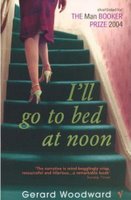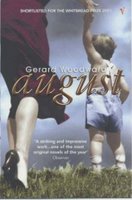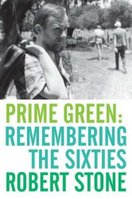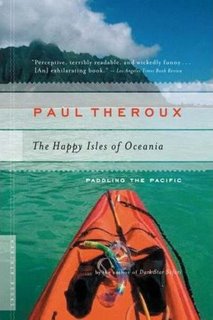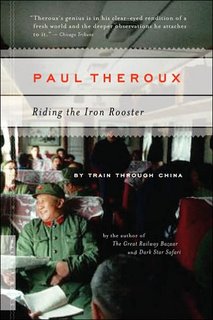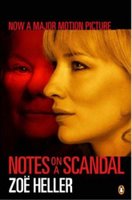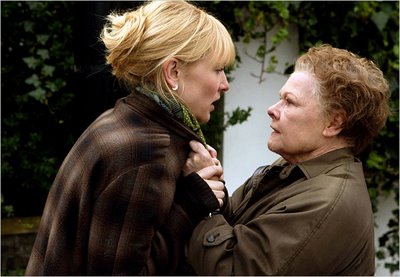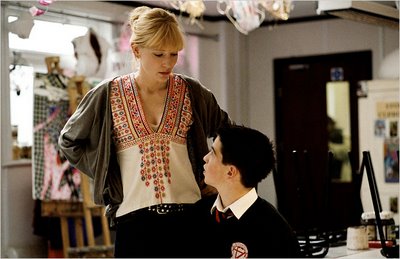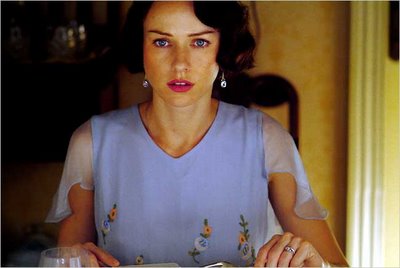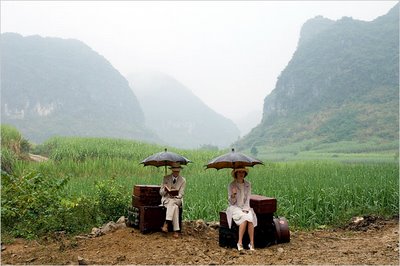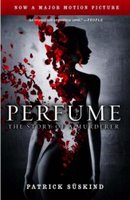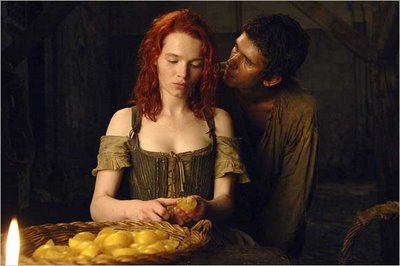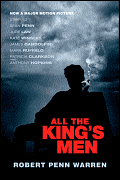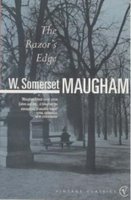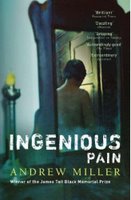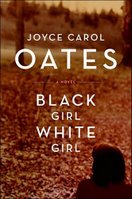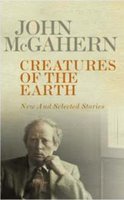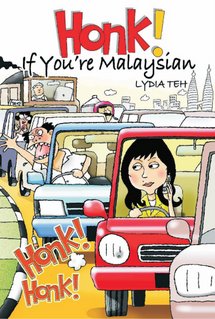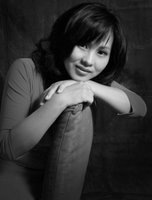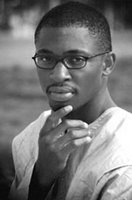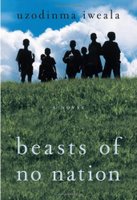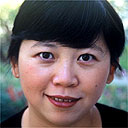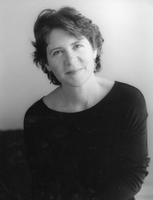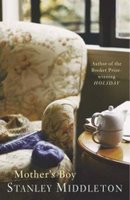Up Close & Personal with ... Adibah AMIN
THE MISTRESS OF ANECDOTES
Reproduced from the January-March 2007 issue of Quill magazine
Adibah Amin, who lives in Johor Bahru, was in Kuala Lumpur recently for the launch of her first English novel, This End of the Rainbow (2006). Eric C. Forbes and Renee Koh met up with the veteran journalist-columnist to talk about her life and the writing life.
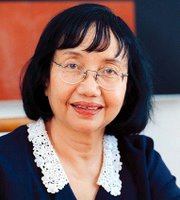 SHE WAS THE SPUNKY, UNASSUMING JOURNALIST who made former Malaysian premier Tun Hussein Onn burst out in laughter—and that was one of the rare moments he was caught laughing in a photograph because most of his pictures then were mostly of a demeanour that was stern and unsmiling. That journalist was none other than Adibah Amin, the celebrated observer and chronicler of everyday Malaysiana, who told the late Tun Hussein Onn that she would lose her job if she did not get a statement that she was supposed to extract from him. That was in the early 1970s when she swapped the staid world of teaching for the hurly-burly of newspaper journalism.
SHE WAS THE SPUNKY, UNASSUMING JOURNALIST who made former Malaysian premier Tun Hussein Onn burst out in laughter—and that was one of the rare moments he was caught laughing in a photograph because most of his pictures then were mostly of a demeanour that was stern and unsmiling. That journalist was none other than Adibah Amin, the celebrated observer and chronicler of everyday Malaysiana, who told the late Tun Hussein Onn that she would lose her job if she did not get a statement that she was supposed to extract from him. That was in the early 1970s when she swapped the staid world of teaching for the hurly-burly of newspaper journalism.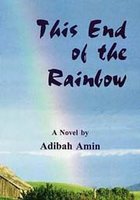 Remember Sri Delima’s As I Was Passing way back in the 1970s and early 1980s which started out life as a weekly or biweekly column in the New Straits Times? One of the most avidly read columns in the New Straits Times then, Adibah Amin wrote her column under the guise of Sri Delima (‘the glow of a ruby’), observing human nature with an assurance of touch and insight, laced with her signature wry humour and humanity, without the slightest hint of sentimentality.
Remember Sri Delima’s As I Was Passing way back in the 1970s and early 1980s which started out life as a weekly or biweekly column in the New Straits Times? One of the most avidly read columns in the New Straits Times then, Adibah Amin wrote her column under the guise of Sri Delima (‘the glow of a ruby’), observing human nature with an assurance of touch and insight, laced with her signature wry humour and humanity, without the slightest hint of sentimentality.There is something about Adibah that makes her naturally endearing to all even though it may be the very first time you are meeting her. She has that indefinable, ageless quality that makes you want to chat with her the whole day. Time somehow stands still when you are in her company.
Adibah remembers the first time she was asked to write a column soon after joining the New Straits Times. When the late Tan Sri Lee Siew Yee, editor-in-chief of the New Straits Times then, asked her to write a column for the paper, she was excited and terrified at the same time. “I had already learnt to hide behind doors and pounce on potential sources of news stories. But a column! What would I write about, I asked him. ‘Things Malaysian,’ he said, ‘and anything else under the sun and beyond.’ He felt that readers would like food for thought served with a light touch. I was to relax and just write in my own way.” Of course, these musings on Malaysian life was called ‘As I Was Passing.’
Why Sri Delima? “Tan Sri Lee allowed me to use a pseudonym, and I felt braver. I don’t really know why I chose Sri Delima (‘the glow of the ruby’); perhaps it was because I had always loved the gentle warmth of that gem. Anyway, I wrote from the heart and was reassured when readers wrote me letters, sharing their experiences, thoughts and feelings. The New Straits Times published some of these letters, including those that argued with ferocious wit against my views.”
For Adibah, that was a turning point in her life. And there was no turning back. Since then she has written newspaper columns, magazine features and radio plays, edited a Malay women’s magazine [Jelita], translated books and acted in a Malay comedy, Adik Manja (and in the process garnering a best supporting actress award for her performance in 1980). She has also written three Malay novels [Bangsawan Tulen (1950), Seroja Masih di Kolam (1968) and Tempat Jatuh Lagi Dikenang (1983)], two collections of short stories for children [Malaysian Tales (1988) and Oriental Classics (2003)], three collections of her newspaper columns [As I Was Passing (1976; 2007), As I Was Passing II (1978; 2007) and Glimpses (2002)], a compilation of articles on learning Malay in English, and, of course, an English novel, This End of the Rainbow (2006). She also translated three Malay books into English: Shahnon Ahmad’s Ranjau Sepanjang Jalan (No Harvest but a Thorn) (1991), Anwar Ridhwan’s collection of short stories, Sangkar (After the War and Other Stories) (1993) and Keris Mas’s Rimba Harapan (Jungle of Hope) (1988).
In 1976 and 1978, Berita Publishing, the book and magazine publishing arm of the New Straits Times Group, published selections of the 1970s pieces in two volumes. “A few years later, I left the New Straits Times to freelance. From time to time, there was talk of reprinting them, but then Berita Publishing itself had ceased to exist. A while ago, I was happy to receive a letter and a phone call from MPH Publishing. They said they would like to republish my 1970s collections in two volumes.” Adibah was deeply touched to learn that the editor [Eric Forbes] had enjoyed reading the column as a teenager back in the swinging and groovy 1970s and felt the articles would still be enjoyable and meaningful for contemporary readers.
“If you are too young to remember the 1970s, or were born long after, you may be amused by the contrast between lifestyles then and now. Some aspects of my childhood and teens in the prewar and early postwar years will seem even more ‘weird’ to you. Yet, you may find surprising similarities. My young friends and students who have read their parents’ copies of the 1970s collections say it’s ‘cool’ and ‘gross’ how things like tuition fever, the generation gap, peer group tyranny, youthful ‘crushes’ and the ‘tender tussle’ have remained so much the same despite the passage of time.
“Again, if you do remember the 1970s and earlier, you may share my nostalgia for ‘the way we were,’ smile at memories of childhood games and teenage ‘dating’ styles, and sigh over the passing of the pantun, the ronggeng and even more, the old simplicity and warmth.”
Lately, everything’s coming up roses for this veteran Malaysian journalist and columnist. She’s just published and launched her first English novel, This End of the Rainbow (2006), and her bestselling books, As I Was Passing I and II, published collections of her 1970s columns, will be out in March 2007 after being out of print for more almost 30 years despite their overwhelming popularity. These new editions have been completely revised, reedited and rewritten for those who have not read them. However, those who have read them way back in the 1970s will find the revised editions an enjoyable walk down memory lane. There is nothing like rereading something you enjoyed the first time round. Adibah is overwhelmed with this turn of events: “I’m so happy that both my books are being reprinted for a new audience.”
Here, Adibah answers questions about her new book and her passions in life:
What made you write your first English novel?
“I have been writing bits and pieces of the novel [This End of the Rainbow] since 1952 and keeping them in a big box. The events and people in this novel have lived in my mind for years and it’s only now that I’ve finally found the courage to let them see the light of day. This book had to be written.”
What’s the story about?
“This End of the Rainbow is based on my memories of my student days at the University of Malaya in Singapore. Set in the 1950s, it’s a tale of a group of university students and their dreams for the future. However, they are soon torn between their own sheltered lives and the harsh realities of colonialism and the challenges of ethnic diversity, racial prejudices and social injustices as well as the strains between Malaysia and Singapore. A character-driven novel, I use lots of flashbacks into the childhood of the characters to propel the story forward.”
What was the most difficult part of writing this book?
“The race relations part was the most difficult. I had to be very sure I was fair and honest at the same time.”
Why did you get the book out at this moment in time?
“Maybe before, I was not desperate yet. But it was my 70th birthday and I mentioned it to Poh Tip [Datuk Ng Poh Tip, Group Chief Editor of The Star Publications], my friend of 35 years and she cajoled me to put all the bits and pieces together and get it [the book] out. Perhaps the recent compilations of As I Was Passing also gave me the courage to complete my novel.”
What is the one core message of the book to readers?
“The shared dream of lasting harmony. That is the pot at the end of the rainbow.”
How do you think readers will respond to the book?
“I hope readers read the book with an open mind. A novel once presented to the public becomes the property of the public and is no longer the author’s.”
Which is your first love: teaching or writing?
“Teaching. I love teaching. I still teach friends’ children Malay and English Literature.”
Are you a pen or computer person when it comes to writing?
“It was computer at one time because I used it for editing and writing when I was working as a journalist. I used it as a typewriter from nine in the morning ‘til night. But I cannot write a novel or anything like that except when I use pen and paper. I don’t have a computer at the moment.”
Do you have a routine or superstition when it comes to writing?
“I can write anywhere, anytime. I can write when people are shouting at each other. I’ve been trained to do that.”
Is there anyone who has influenced your writing?
“I try not to be influenced by what I read. When I was young, my Irish teacher said to me, ‘We don’t want a little Enid Blyton, we want a big Adibah Amin.’ I read and admire many writers. Originality is important. Even when it looks peculiar at the beginning, you must have your own style. I can’t write with total seriousness because my mind is a little crooked, it is not straight. I always look at the funny parts—I see the irony of things. Everyone has their own quirks in writing and it’s hard to get away from it. So I tell my students the same thing, to never model or sound like anyone else.”
What are you working on at the moment?
“I have no immediate plans to begin a second novel. It is very difficult to write a novel and I don’t think I’m very good at it.”
What’s your take on translation in Malaysia?
“We are not recognised for our literature because there are not many writing in English. Furthermore, Malaysian authors are not promoted enough. We must encourage more good English translations of Malay novels and promote them as actively as possible.”
Which genre do you prefer to write in—fiction, nonfiction, or columns?
“There’s so much to life that I want to talk about. I don’t know how to write fiction. I write non-fiction pretending to be fiction.”
What was the last book you read which you enjoyed?
“Louis de Bernières’s Captain Corelli’s Mandolin (1994).”
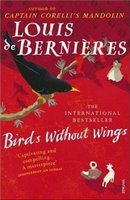 What do you think makes an author successful?
What do you think makes an author successful?“A lot of it is luck. I know lots of talented writers who are not successful. A lot of desperate desire to do it, a bit of talent, a lot of determination, hard work, a thick hide and you must not be easily discouraged. I have been very lucky. You know, I just scribble something and somebody wants to publish it?”
What’s your advice for people who would like to pursue writing as a career?
“Live life to the fullest, read as much as you can, don’t be influenced by the styles of others, develop your own voice, mix with people from all walks of life, and keep your eyes and ears open. And one more thing: develop a thick hide; do not be discouraged by criticism: use criticism and learn from it. And don’t tear up your efforts: keep them in a big box; you just never know when you might need them. However, [at the end of the day] it’s up to the public to decide whether you have talent.”
Adibah has indeed come a long way to be where she is today. Despite dabbling in so many areas of writing, she is at heart an astute anecdotalist, a miniaturist, blessed with a talent for the closely observed detail as well as a keen sense for the foibles of others and a keener sense of humour about her own follies. There is much joy in her use of both the English and Malay languages, imbued as they are with rich morsels of descriptive writing. Her affection for Malaysia and Malaysians shines through clearly even as she pokes fun at them. She paints small pictures that tell big stories.
Yes, that’s what she does.
As I Was Passing (2007) and As I Was Passing II (2007) will be published simultaneously by MPH Publishing in March 2007

